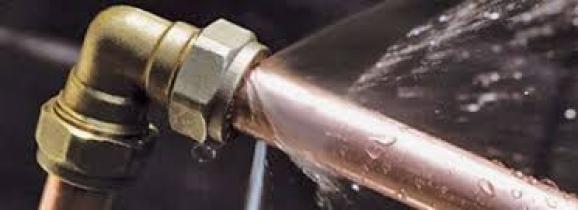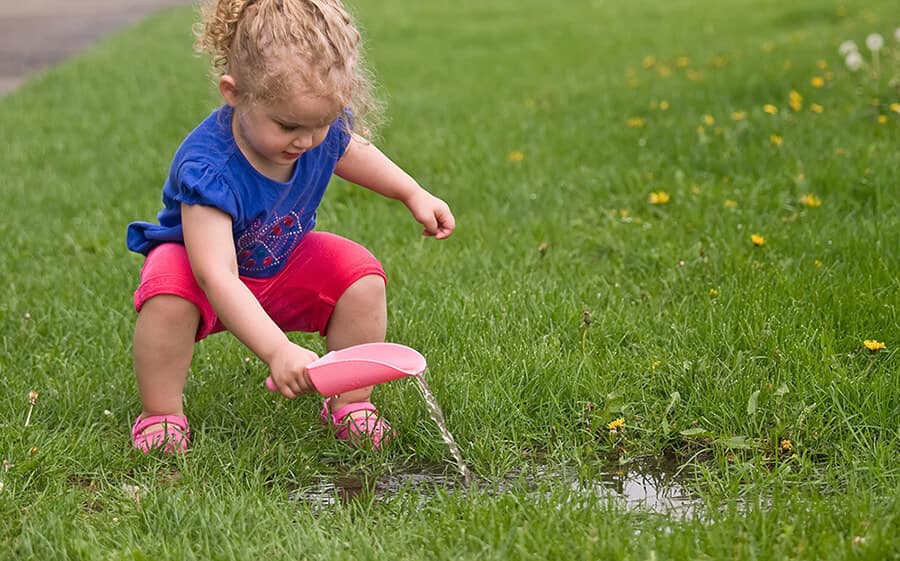Learn About 6 Common Causes Behind Water Leaks at Home
Learn About 6 Common Causes Behind Water Leaks at Home
Blog Article
Just how do you actually feel with regards to Most Common Causes of Leaky Pipes?

Leaks not just cause waste of water however can likewise cause unneeded damages to your home as well as advertise unwanted organic development. However, water leakages may go undetected given that a lot of the pipework in our residence is concealed. By understanding and looking for day-to-day scenarios that trigger leaks, you can safeguard your residence from future leakages and unneeded damages. Today, we will look at 6 leak causes that might be causing your pipelines to drip.
Immediate temperature level modifications.
Extreme temperature level modifications in our pipes can trigger them to increase as well as contract suddenly. This development and contraction might cause fractures in the pipelines, particularly if the temperature level are below cold.
Rusty water systems
As time goes by, your plumbing system ages and also rust such as corrosion might start eating away the pipes. This could be the reason for staining or bending on your pipes. This asks for an inspection with your plumber right away. Take into consideration replacing the pipelines considering that they are at a higher threat of corrosion than the more recent designs if our plumbing system is old.
Malfunctioning Pipe Joints
The point at which your pipelines attach is often the weakest link in the waterline. Pipe joints can degrade with time, resulting in water leaks. The majority of pipeline joints are not quickly noticeable. If you have loud pipelines that make ticking or banging sounds, specifically when the hot water is switched on, your pipe joints are probably under a lot of stress. It is a good idea to have your plumber inspect your system yearly.
Intruding origins
Many water leaks begin outside your house as opposed to inside it. If you discover an unexpected reduction in water pressure, state in your tap, require time to go out and also examine your backyard. You might see wet spots or sinkholes in your backyard, which could imply that tree roots are invading water lines causing water to permeate out. You can have your plumber look for intrusion, particularly if you have trees or hedges near your residential or commercial property.
Poor Water Connectors
Sometimes, a leakage can be brought on by loosened pipes and also pipes that supply your appliances. Generally, moving is what triggers the loosened water Links. You might find in the case of a washing maker, a hose pipe might spring a leak as a result of drinking throughout the spin cycle. In case of a water connections leak, you might discover water running straight from the supply line or puddles around your devices.
Blocked Drains
Obstructed drains pipes might be frustrating and inconveniencing, but they can often end up triggering an overflow causing break pipelines. Maintain eliminating any type of materials that may go down your drains pipes that can obstruct them to stay clear of such troubles.
All the above are sources of leaks however not all water leaks arise from plumbing leaks; some leaks could come from roofing system leakages. All leaks ought to be fixed instantly to stay clear of water damage.
Leaks not just create waste of water however can also create unnecessary damages to your house and also promote undesirable organic growth. By understanding and also looking for everyday scenarios that cause leaks, you can shield your home from future leaks and also unnecessary damage. Today, we will look at 6 leakage creates that might be causing your pipes to drip.
At times, a leak can be triggered by loosened tubes and also pipes that supply your appliances. In case of a water connections leakage, you might observe water running directly from the supply line or puddles around your home appliances.
Tell-Tale Signs of a Water Leak
The Sound of Running Water
If you’re hearing water running, your first step should be to check your faucets, toilet valves, and outdoor spigots. If everything if status quo, take an exact reading of your water meter and don’t use the water for a few hours. Then, take another meter reading. If there has been no change, that means water is not running (and maybe it’s time to have your hearing checked!). If the reading has changed, however, this indicates that water is indeed flowing and you most likely have a leak.
Wet or Damp Floors
You’re walking across your carpet and suddenly squish—your sock is soaked! The dog doesn’t look guilty and your child swears they didn’t spill anything. That means you’re likely looking at sewer leakage. Now, it’s easy to just soak it up with a towel and call it a day; however, this won’t stop the leak. Ignoring the problem allows moisture to build up, ultimately causing mold or mildew. Not only is this smelly, it can be very toxic and harmful to children, the elderly, pets, and those with weak immune systems. Don’t risk the health of your home and your family—call in a professional to take care of the problem.
Foul Odors
If there’s an unpleasant smell in your home and you can’t locate the source, don’t just light a candle or spray some Febreze. Funky smells are often due to mold and mildew, which spread fast under ideal conditions (optimal temperature and level of humidity). Growth begins within about 24-48 hours, and spores start to colonize in 3-12 days, becoming visible to the eye within about 18 days. If you think the odor is leak-related, get a plumber out as soon as possible to mitigate damage from rapid fungi growth (and rid your home of the foul odor).
Overgrowth in the Lawn
Unless you didn’t fertilize your lawn evenly, a lush patch of grass in a select area of your lawn, or concentrated wet spots, indicate pipe leakage which is acting as a fertilizer. Left untreated, hazardous bacteria in the underground waste will quickly turn into a messy situation, going from lush growth to lawn destruction.
Wall Cracks
Over time, even the littlest of leaks can cause cracks in the foundation of your home and compromise the entire structure. How does it happen? The leak continues hammering away at the same spot in the ground beneath your home, eventually causing it to shift slightly. Now, you’d never feel this shift, but your walls will. This can be a very dangerous situation, so if you’re seeing vertical or diagonal cracking in your walls it’s best to call a plumber right away.
https://www.expresssewer.com/blog/6-telltale-signs-of-a-water-leak-in-your-home

Do you really like reading up on Common Water Leaks In House? Try leaving a remark further down. We'd be pleased to hear your feelings about this entry. Hoping to see you back again in the future. Remember to take the opportunity to distribute this post if you appreciated it. Thanks so much for going through it.
Always ready, contact! Report this page